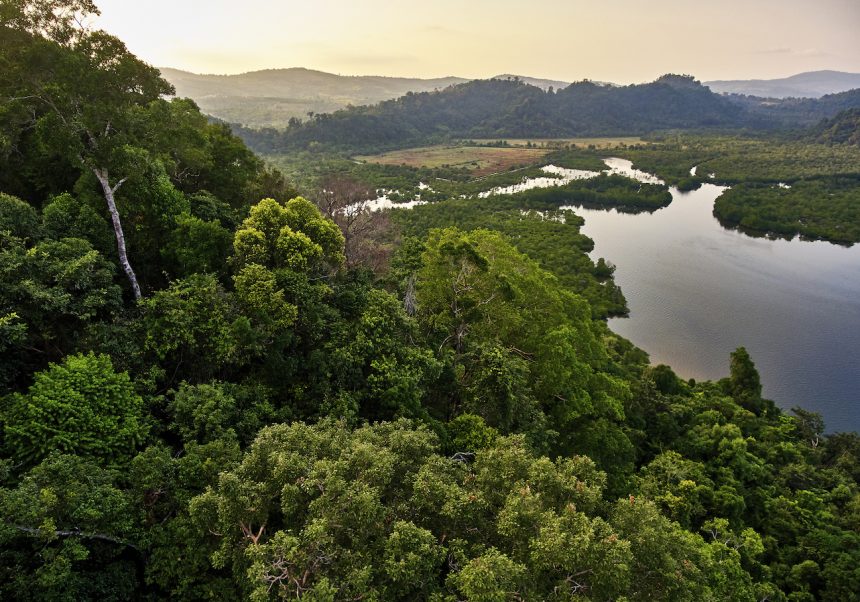When Suwanna Gauntlett first began her conservation work in Cambodia in the early 2000s, she was faced with the daunting task of combating rampant deforestation and wildlife poaching. Despite founding the Wildlife Alliance in 1994 to address tiger poaching in the Russian Far East, she expanded her organization’s efforts to countries like India, Ecuador, Myanmar, and Thailand. When Cambodia came into focus as the next frontier in 2000, it presented a lawless landscape in desperate need of protection. The establishment of a new national park covering more than a million acres marked a significant milestone for Gauntlett and her team, paving the way for a partnership with the Cambodian government to preserve rainforests and sell carbon credits for conservation funding. However, their Southern Cardamom REDD+ project has drawn criticism from Human Rights Watch for violating the rights of Indigenous Chong peoples in the region. The report highlights instances where the project neglected to consult with Indigenous communities, leading to infringements on their rights to their land and traditional practices. This is part of a larger global issue where conservation efforts often disregard Indigenous rights, as seen in examples like U.S. national parks and recent incidents in Tanzania and the Democratic Republic of Congo. The report emphasizes the importance of upholding the rights of Indigenous peoples in conservation projects, urging for greater consultation and benefit-sharing agreements to ensure their well-being is prioritized.Despite Wildlife Alliance’s denial and claims of community support for the project, the Human Rights Watch report urges accountability and remedial action for those impacted. The push to meet conservation goals amid mounting climate challenges must also prioritize the protection and empowerment of Indigenous communities to create a more sustainable future for all.






